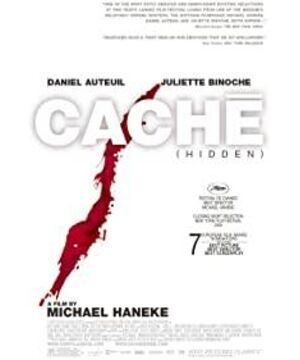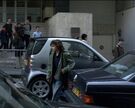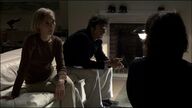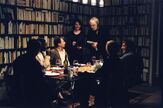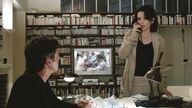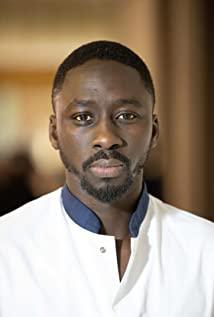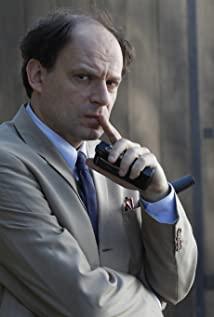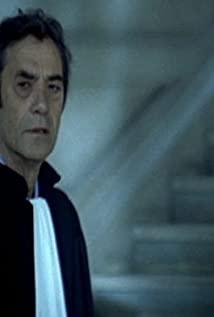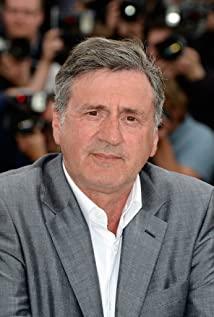What the protagonist Georges did to Majid when he was a child not only changed Majid's life in the next few decades, but also because of the suspicion and contempt that Majid would retaliate for this, Majid cut his throat and committed suicide in front of him. . This ending has brought permanent pain and guilt to Georges, and has cast a greater shadow over the lives of him and his wife and children than ever before. It can be said that all these tragedies originated from Georges' suspicion and contempt for Majid as an Algerian from his childhood. This was caused by Georges, and it was inevitable.
This kind of racist sentiment among individuals is amplified to the country. Isn’t it a portrayal of the French police’s massacre of civilian demonstrators in Algeria in 1961, and the hatred of Arabs in the entire Western world after the 911 incident? Is the director implying that this kind of hatred against the Arab world hidden in Western countries, like the protagonist in the play, will bring greater tragedy in the future, and let the hateful people spend their lives in guilt and pain? Woolen cloth?
I think the camera in the play can not be understood as a real existence in reality, and perhaps there is no one hiding behind the camera at all. All this just provides a perspective, saying that there must be gods above three feet above the hanging point. In everyone's life, there is always such a camera watching.
The last scene of the film is a scene of students leaving school at the gate of Georges' son’s school. I saw in the crowd, Majid's son walked up and talked with Georges' son, and then the two left one after another, when the film ended. I think the conversation between these two young people left enough room for imagination and aftertaste for the audience. What are they talking about? Did the seeds of revenge be planted in the next generation, or were they forgiven each other? unknown. But at the very least, communication and dialogue have begun between two people and between the two worlds.
View more about Caché (Hidden) reviews


